12 Power-Packed Proteins to Fuel Your Meals with Flavor and Nutrition
In the realm of nutrition, proteins have emerged as a cornerstone for health and vitality. These macronutrients are not just building blocks for muscle tissue; they play a pivotal role in cellular repair, hormone production, and immune function. As dietary trends evolve, the emphasis on protein intake has grown, urging individuals to explore diverse sources that cater to different dietary preferences and nutritional needs. This comprehensive guide delves into twelve power-packed proteins that can elevate your meals from mundane to magnificent, ensuring a balanced intake of essential amino acids and other vital nutrients. Whether you are a fitness enthusiast, a busy professional, or someone seeking to enhance your dietary habits, these protein-rich foods promise to transform your meals into nutritional delights.
1. Eggs — The Versatile Protein Powerhouse

Eggs have long been celebrated for their versatility and nutrient density. A single egg contains approximately six grams of high-quality protein, along with essential vitamins and minerals like vitamin D, B12, and choline. The beauty of eggs lies in their adaptability; they can be boiled, scrambled, poached, or baked, making them a staple in various cuisines worldwide. Beyond their culinary flexibility, eggs are rich in leucine, an amino acid crucial for muscle synthesis and repair. Including eggs in your diet can aid in weight management, as they provide satiety and curb hunger, reducing overall calorie intake. Moreover, eggs are cost-effective and readily available, making them an accessible source of nutrition for people from all walks of life.
2. Quinoa — The Complete Plant Protein
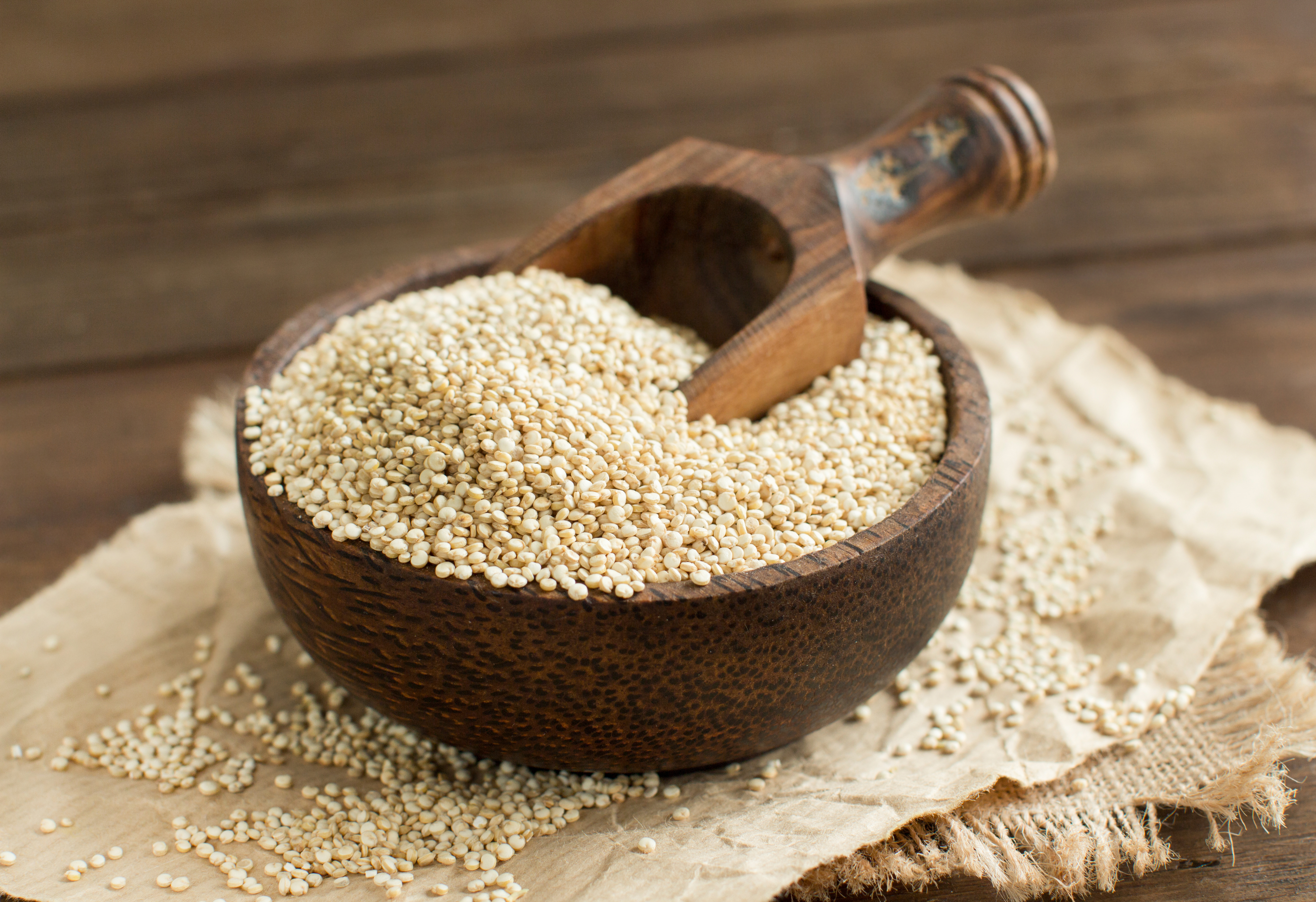
Quinoa, often hailed as a superfood, is a unique plant-based protein source that contains all nine essential amino acids required by the human body. This ancient grain is not only rich in protein but also packed with fiber, iron, magnesium, and manganese. Quinoa's nutty flavor and fluffy texture make it an excellent base for salads, bowls, and side dishes. For those following a vegetarian or vegan diet, quinoa serves as an indispensable protein source, providing the necessary nutrients without the need for animal products. Its low glycemic index ensures a steady release of energy, making it an ideal choice for sustained energy levels throughout the day. Incorporating quinoa into your meals can enhance both the nutritional value and the taste profile, offering a wholesome and satisfying dining experience.
3. Greek Yogurt — Creamy and Protein-Rich
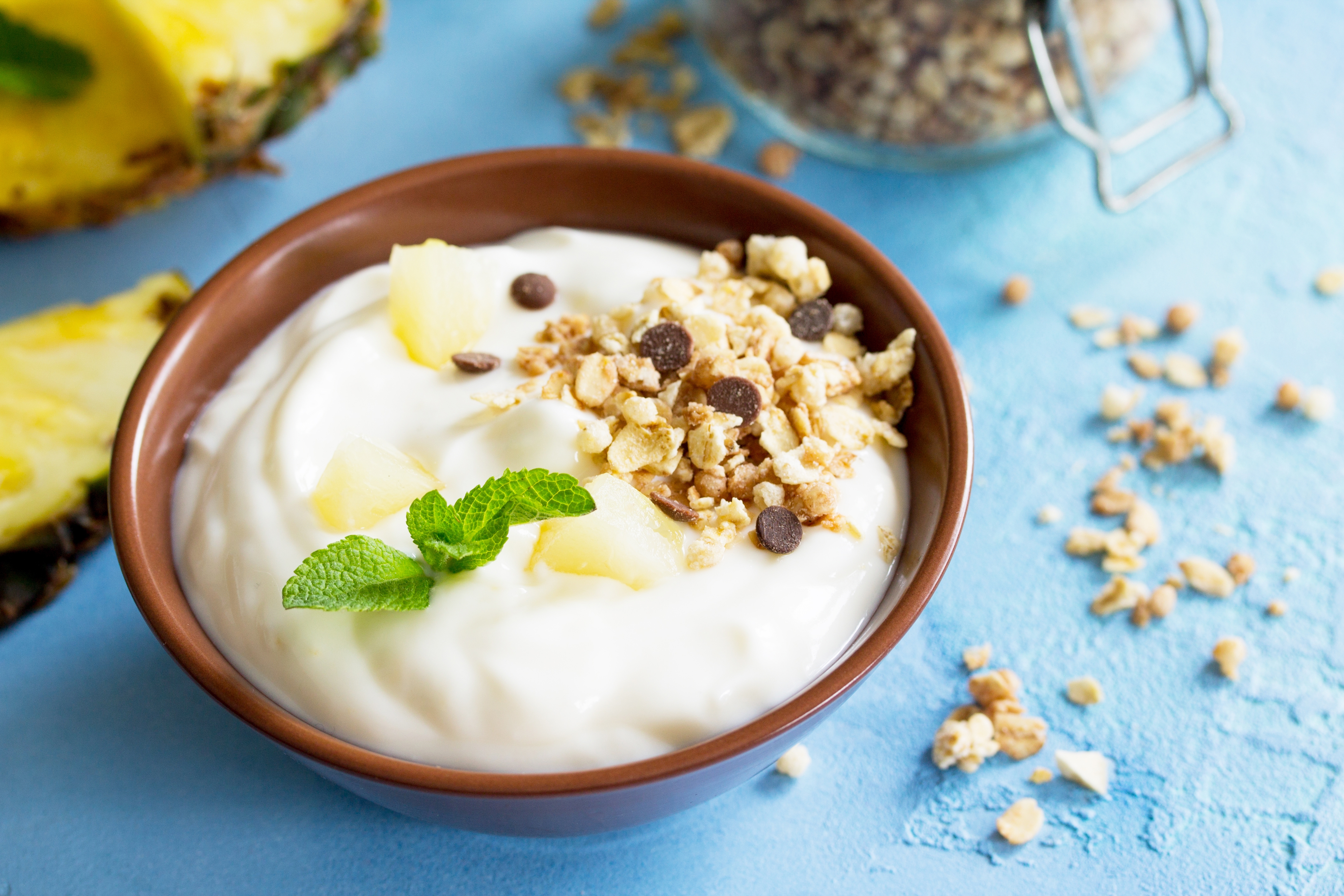
Greek yogurt stands out in the dairy aisle due to its thick, creamy texture and high protein content. With nearly twice the protein of regular yogurt, Greek yogurt is an excellent choice for breakfast, snacks, or even as a cooking ingredient. It is rich in probiotics, which support gut health and enhance digestion. The calcium and vitamin B12 found in Greek yogurt contribute to bone health and energy metabolism. Its versatility allows it to be used in both sweet and savory dishes, from smoothies and parfaits to dips and sauces. For those looking to reduce sugar intake, opting for plain Greek yogurt and adding natural sweeteners like honey or fruit can be a healthier alternative. Including Greek yogurt in your diet not only boosts protein intake but also supports overall well-being through its myriad of health benefits.
4. Lentils — The Fiber-Protein Powerhouse
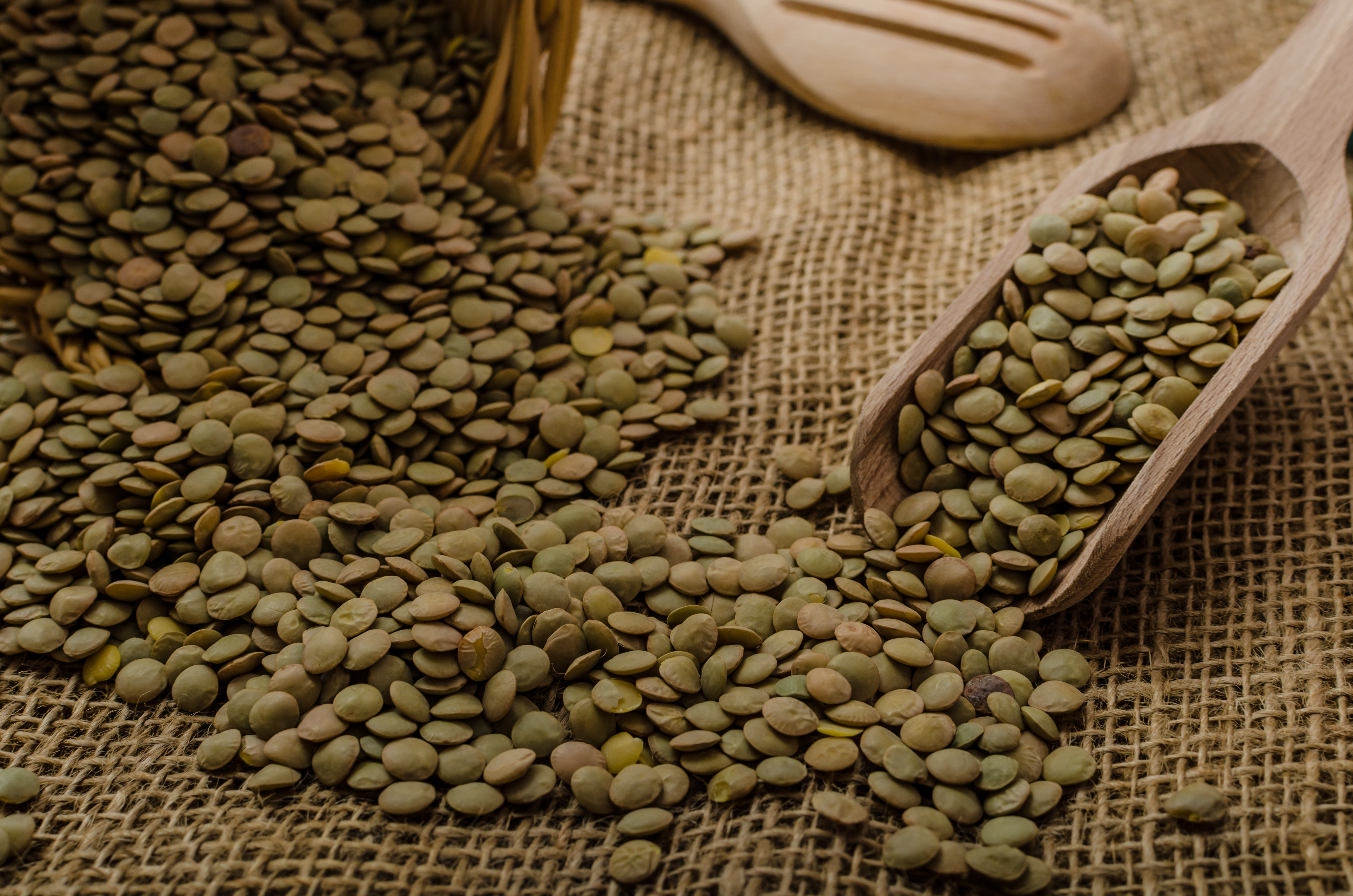
Lentils are a nutritional powerhouse, especially for those on plant-based diets. These legumes are rich in protein, providing about 18 grams per cooked cup, along with a substantial amount of dietary fiber. The combination of protein and fiber makes lentils highly satiating, helping to control appetite and maintain stable blood sugar levels. Lentils are also packed with iron, folate, and potassium, which are essential for energy production and cardiovascular health. They are incredibly versatile, lending themselves to a variety of dishes such as soups, stews, salads, and even veggie burgers. Lentils are not only affordable but also have a long shelf life, making them a practical addition to any pantry. By incorporating lentils into your meals, you can enjoy a nutrient-dense food that supports both digestive health and muscle maintenance.
5. Chicken Breast — Lean and Mean
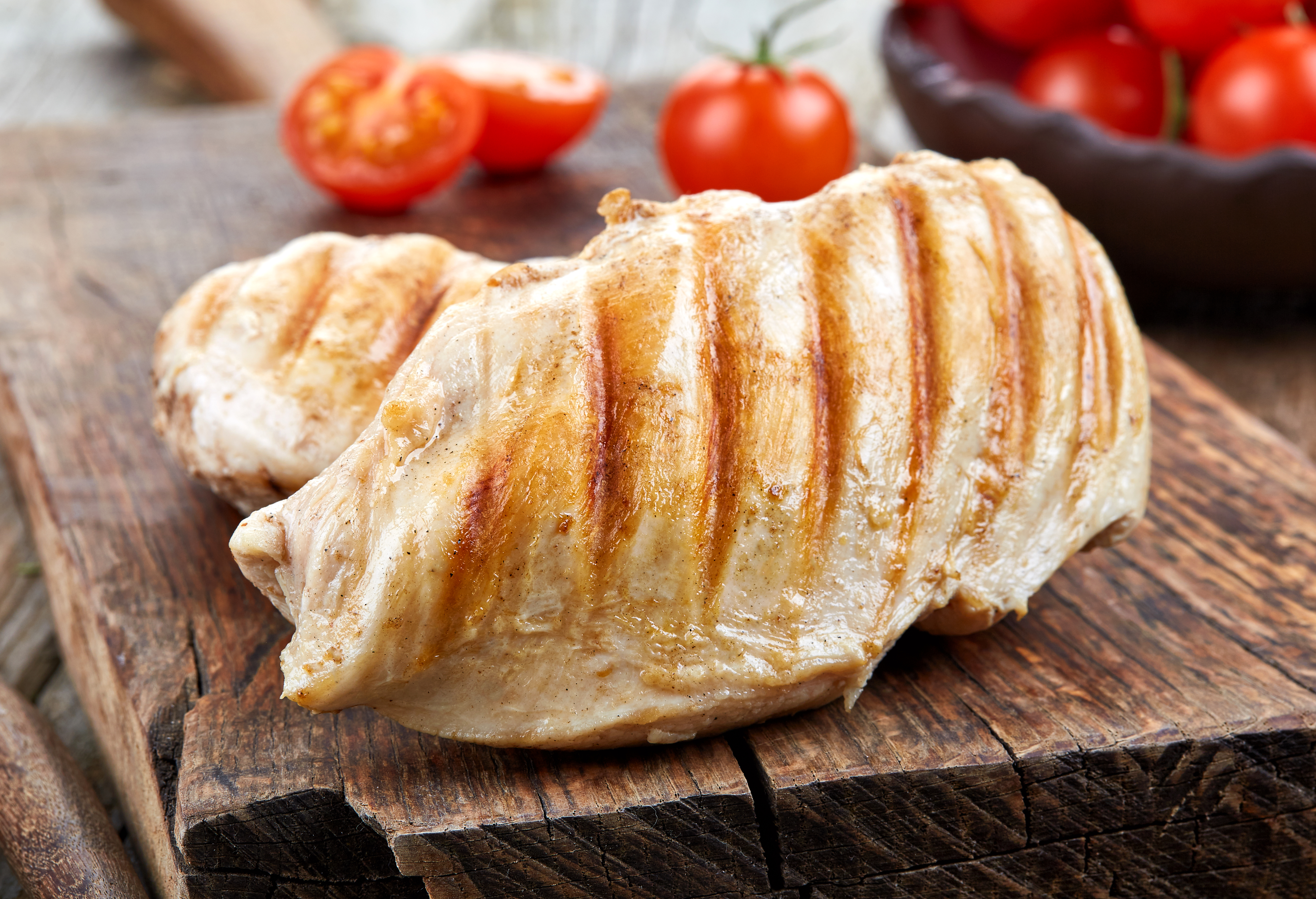
Chicken breast has earned its reputation as a lean protein source, favored by athletes and health-conscious individuals alike. It is low in fat and high in protein, with about 31 grams per 3.5-ounce serving. This makes it an excellent choice for those looking to build muscle or lose weight. Chicken breast is also rich in niacin and selenium, nutrients that support metabolism and immune function. Its mild flavor and tender texture make it a versatile ingredient that can be grilled, baked, sautéed, or roasted. When preparing chicken breast, it's important to avoid overcooking to preserve its juiciness and nutritional value. By incorporating chicken breast into your diet, you can enjoy a protein-rich meal that supports muscle growth and overall health.
6. Tofu — The Vegan Protein Staple
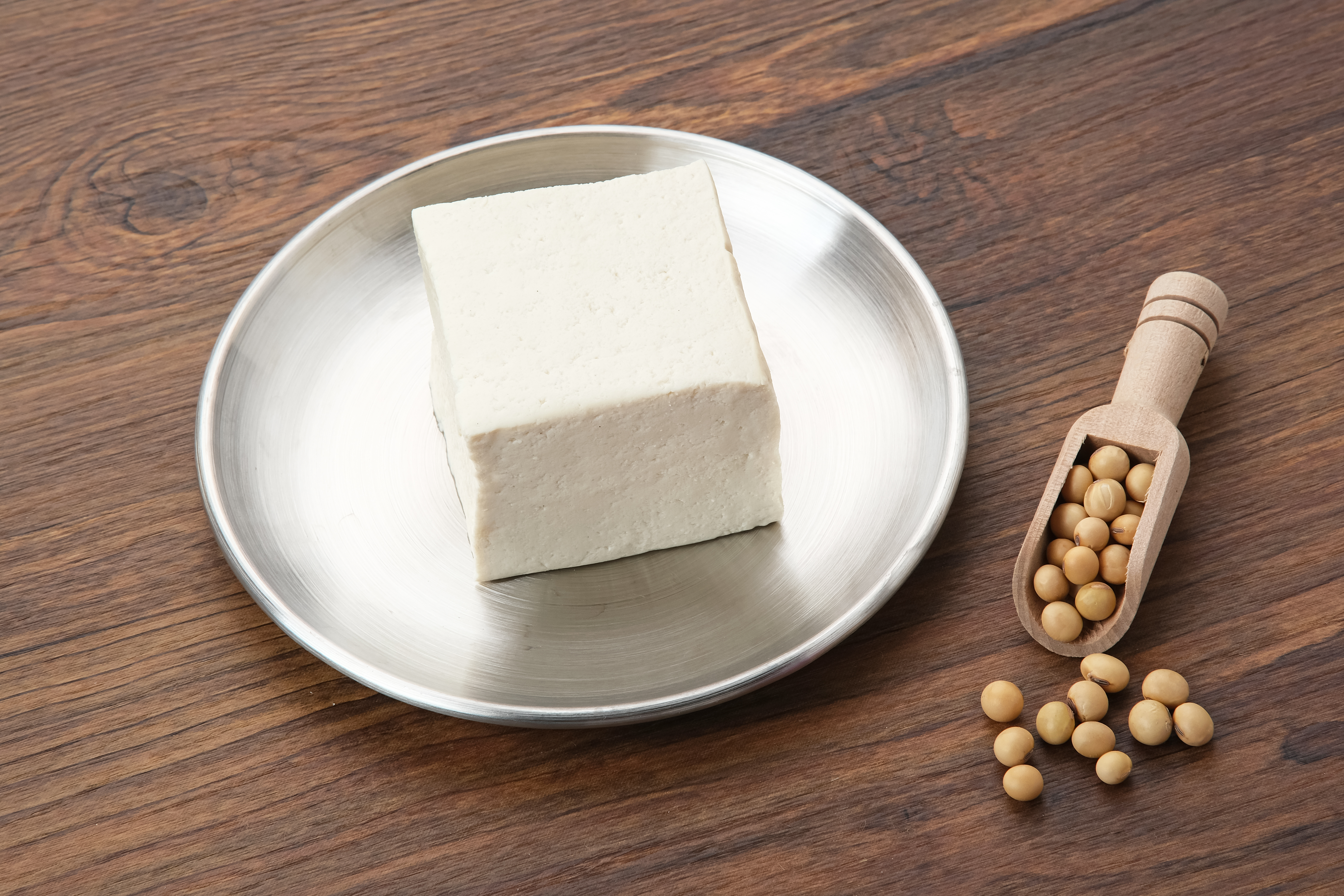
Tofu, made from soybeans, is a staple in vegan and vegetarian diets due to its high protein content and versatility. It provides all nine essential amino acids, making it a complete protein source. Tofu is also rich in calcium, iron, and magnesium, nutrients that are crucial for bone health and energy production. Its neutral flavor allows it to absorb the flavors of marinades and sauces, making it a versatile ingredient in a wide range of dishes, from stir-fries to smoothies. Tofu is also low in calories and fat, making it an excellent choice for those looking to manage their weight. By incorporating tofu into your meals, you can enjoy a plant-based protein source that supports muscle maintenance and overall health.
7. Salmon — Omega-3 and Protein-Rich
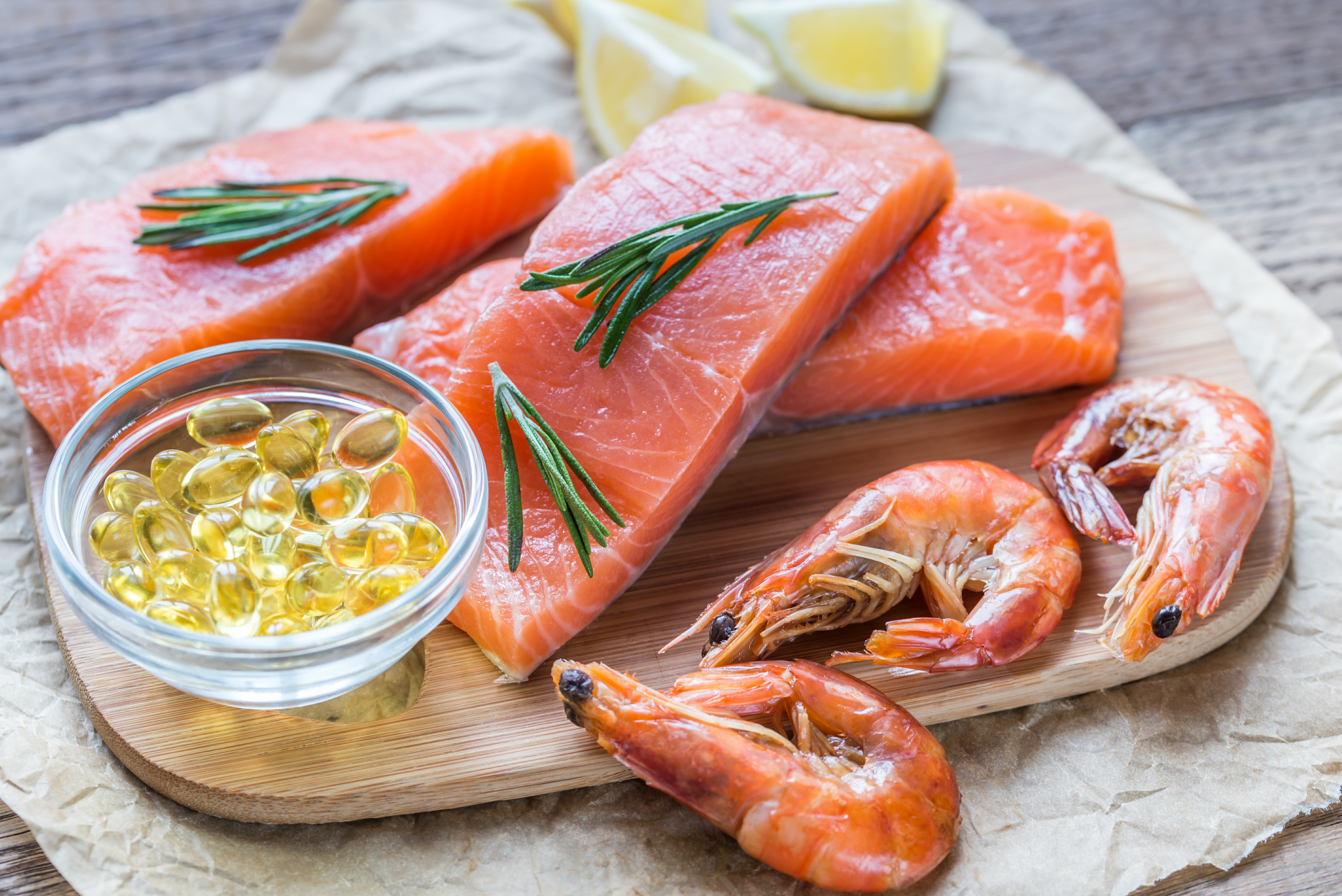
Salmon is a nutritional powerhouse, providing high-quality protein and essential omega-3 fatty acids. These healthy fats support heart health, brain function, and reduce inflammation. A 3.5-ounce serving of salmon provides about 25 grams of protein, making it an excellent choice for those looking to increase their protein intake. Salmon is also rich in vitamin D, B vitamins, and selenium, nutrients that support bone health, energy production, and immune function. Its rich, buttery flavor and tender texture make it a popular choice for a variety of dishes, from grilled fillets to sushi. By incorporating salmon into your diet, you can enjoy a protein-rich meal that supports overall health and well-being.
8. Chickpeas — Protein and Fiber Fusion
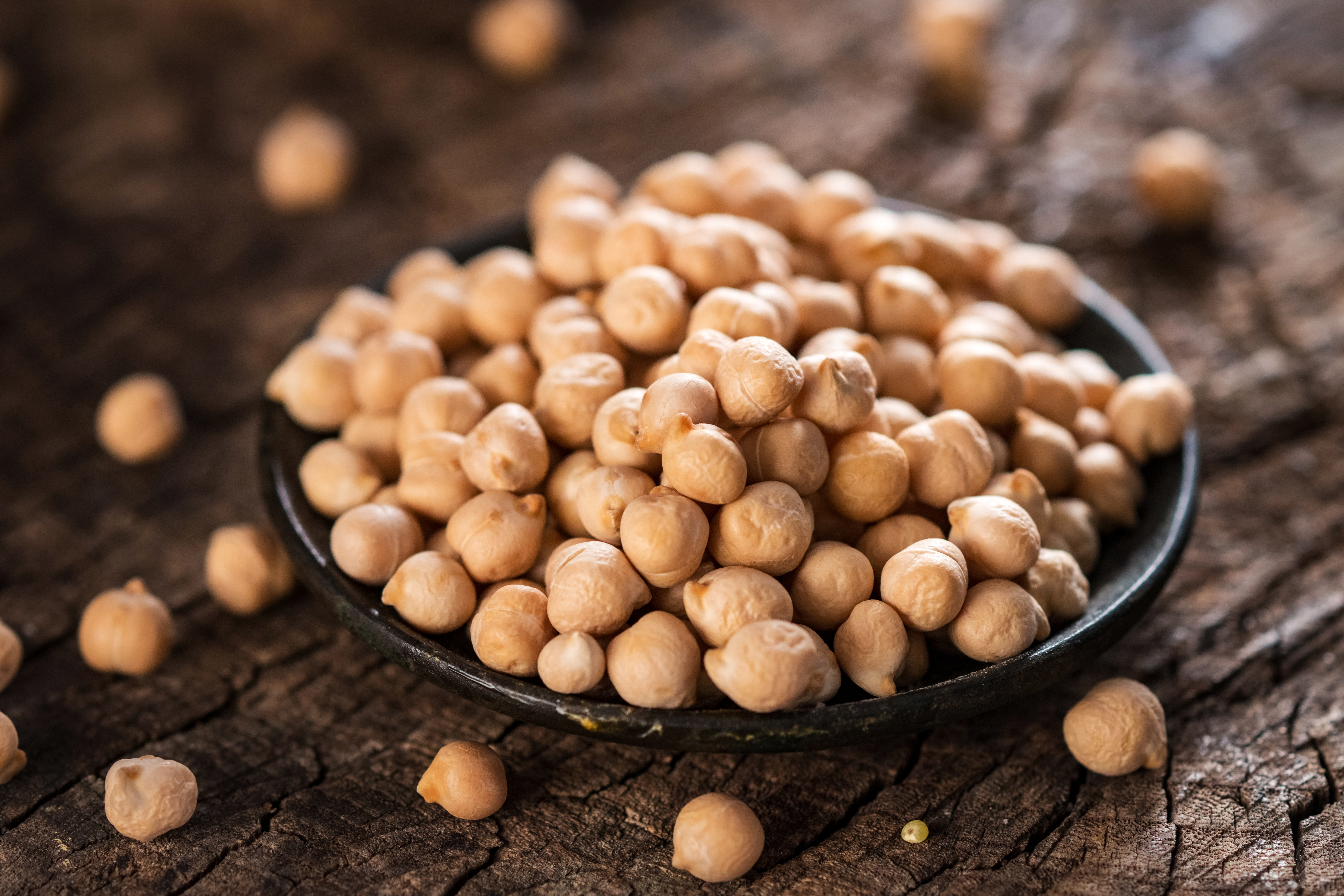
Chickpeas, also known as garbanzo beans, are a versatile legume that provides a substantial amount of protein and fiber. A cup of cooked chickpeas contains about 15 grams of protein and 12 grams of fiber, making them highly satiating and beneficial for digestive health. They are also rich in iron, folate, and manganese, nutrients that support energy production and bone health. Chickpeas can be used in a variety of dishes, from salads and stews to hummus and falafel. Their mild, nutty flavor and creamy texture make them a versatile ingredient in both savory and sweet dishes. By incorporating chickpeas into your meals, you can enjoy a nutrient-dense food that supports muscle maintenance and overall health.
9. Almonds — The Crunchy Protein Boost
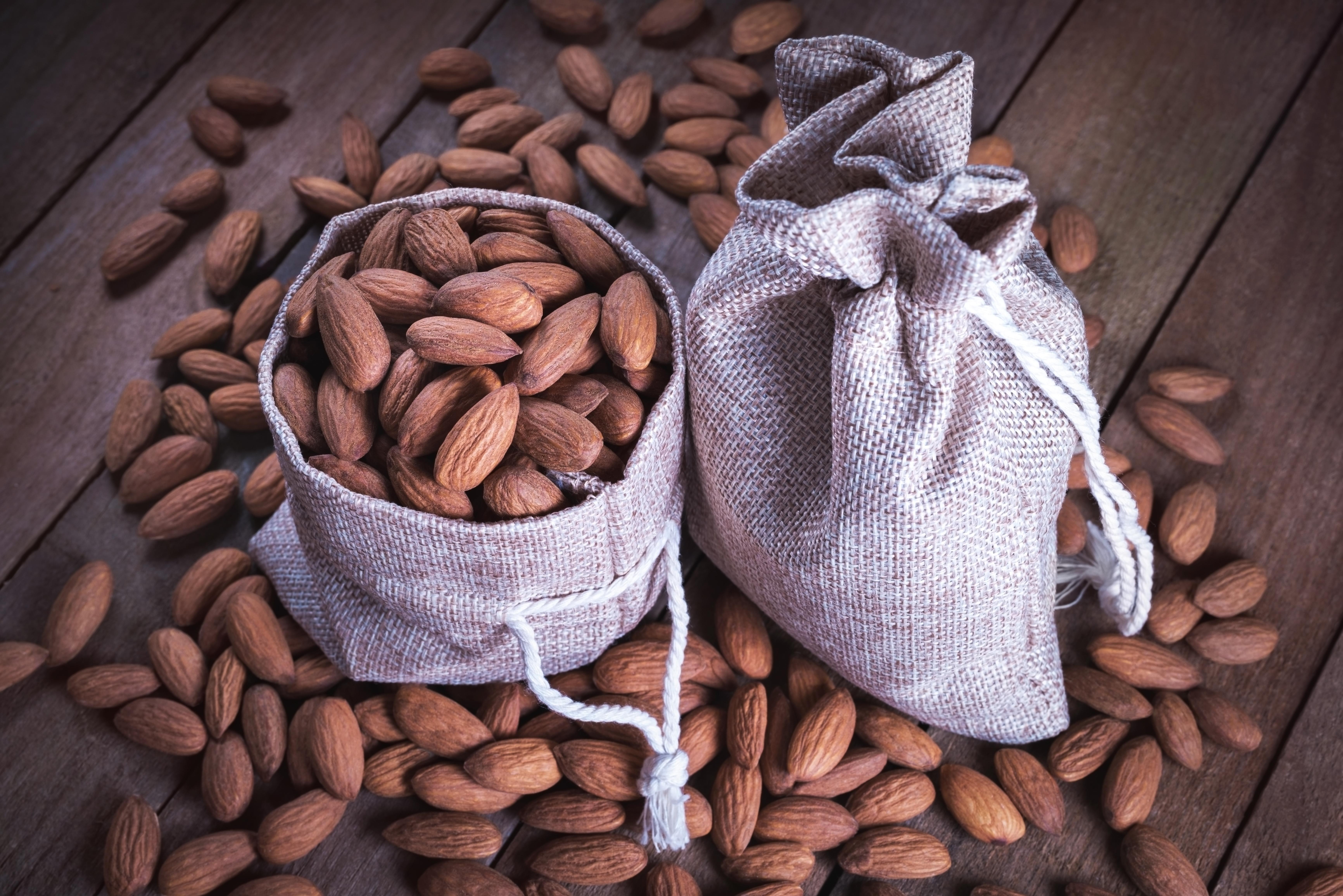
Almonds are a nutrient-dense nut that provides a good source of protein, healthy fats, and fiber. A quarter-cup serving of almonds provides about 7 grams of protein and 4 grams of fiber, making them a satisfying and nutritious snack. Almonds are also rich in vitamin E, magnesium, and antioxidants, nutrients that support heart health, brain function, and reduce inflammation. Their crunchy texture and mild flavor make them a versatile ingredient in a variety of dishes, from salads and baked goods to smoothies and trail mixes. By incorporating almonds into your diet, you can enjoy a protein-rich snack that supports overall health and well-being.
10. Tempeh — Fermented Soy Protein
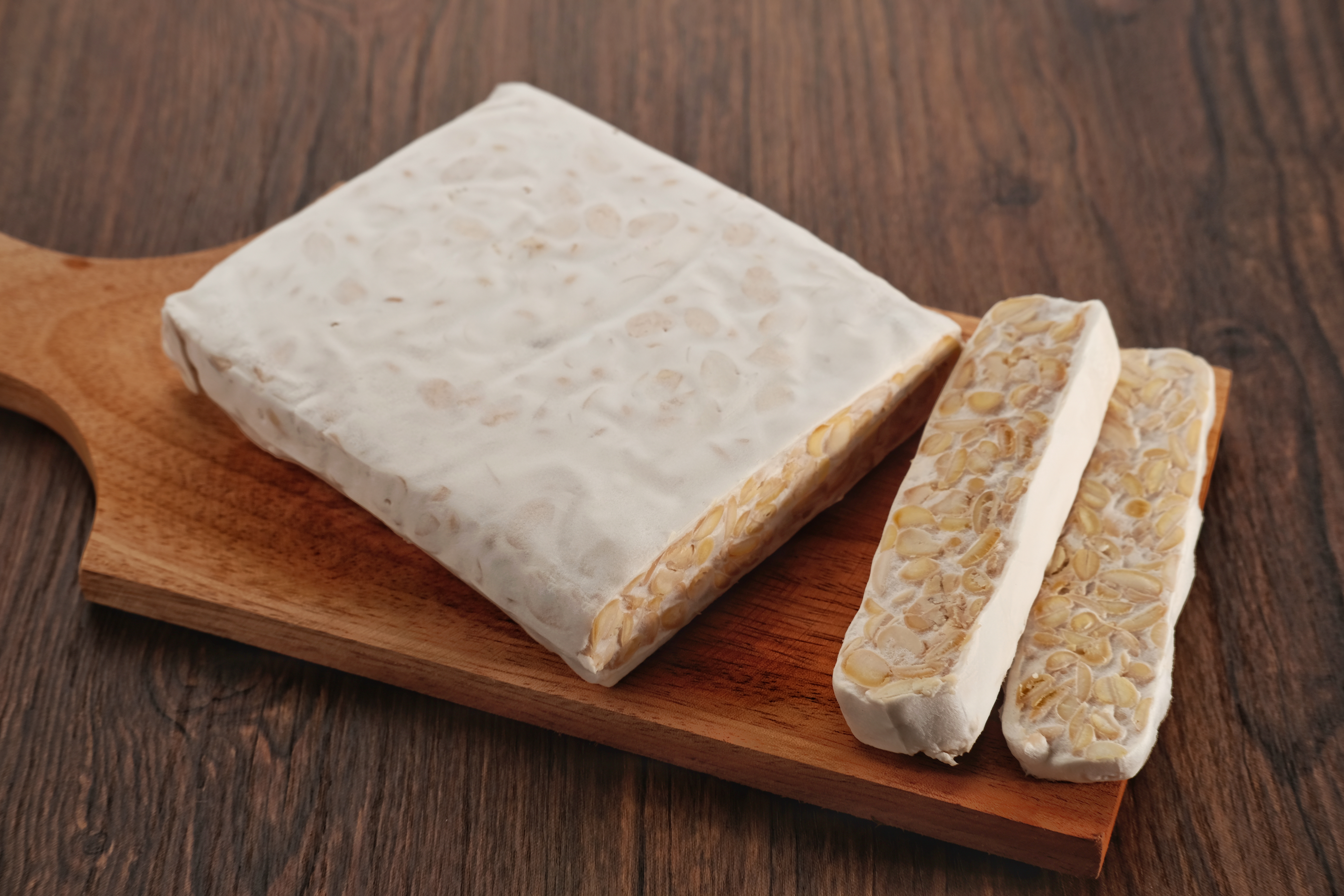
Tempeh is a fermented soy product that provides a high-quality protein source for those following plant-based diets. A 3.5-ounce serving of tempeh provides about 19 grams of protein, making it an excellent choice for those looking to increase their protein intake. Tempeh is also rich in probiotics, which support gut health and enhance digestion. Its firm texture and nutty flavor make it a versatile ingredient in a variety of dishes, from stir-fries and salads to sandwiches and wraps. By incorporating tempeh into your meals, you can enjoy a plant-based protein source that supports muscle maintenance and overall health.
11. Beef — The Iron-Rich Protein
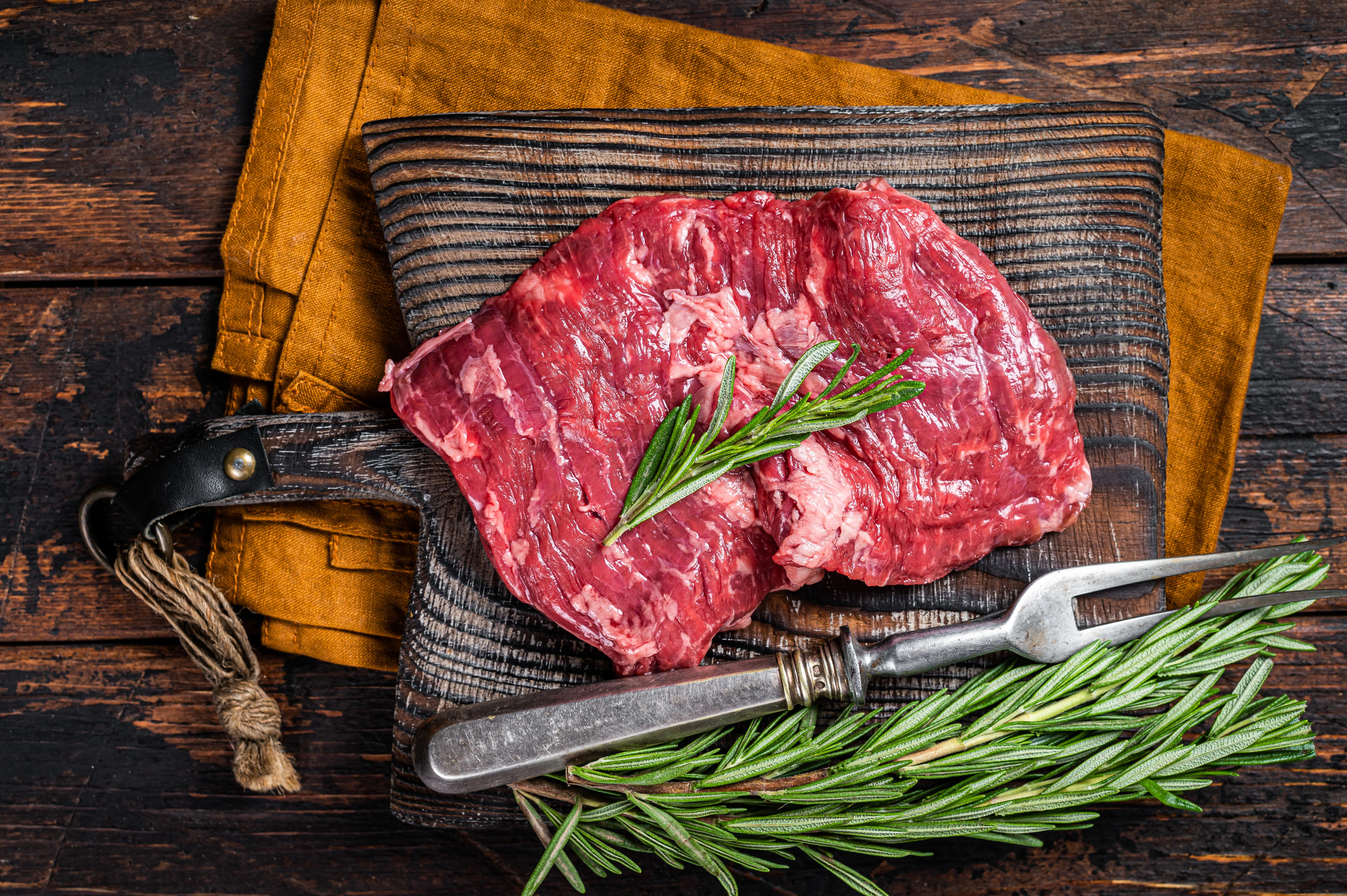
Beef is a rich source of high-quality protein and essential nutrients such as iron, zinc, and B vitamins. A 3.5-ounce serving of beef provides about 25 grams of protein, making it an excellent choice for those looking to increase their protein intake. The iron found in beef is heme iron, which is more easily absorbed by the body compared to non-heme iron found in plant sources. This makes beef a valuable protein source for those at risk of iron deficiency, such as pregnant women and individuals with anemia. Its rich flavor and tender texture make it a popular choice for a variety of dishes, from steaks and roasts to stews and stir-fries. By incorporating beef into your diet, you can enjoy a protein-rich meal that supports muscle growth and overall health.
12. Cottage Cheese — The Casein Protein
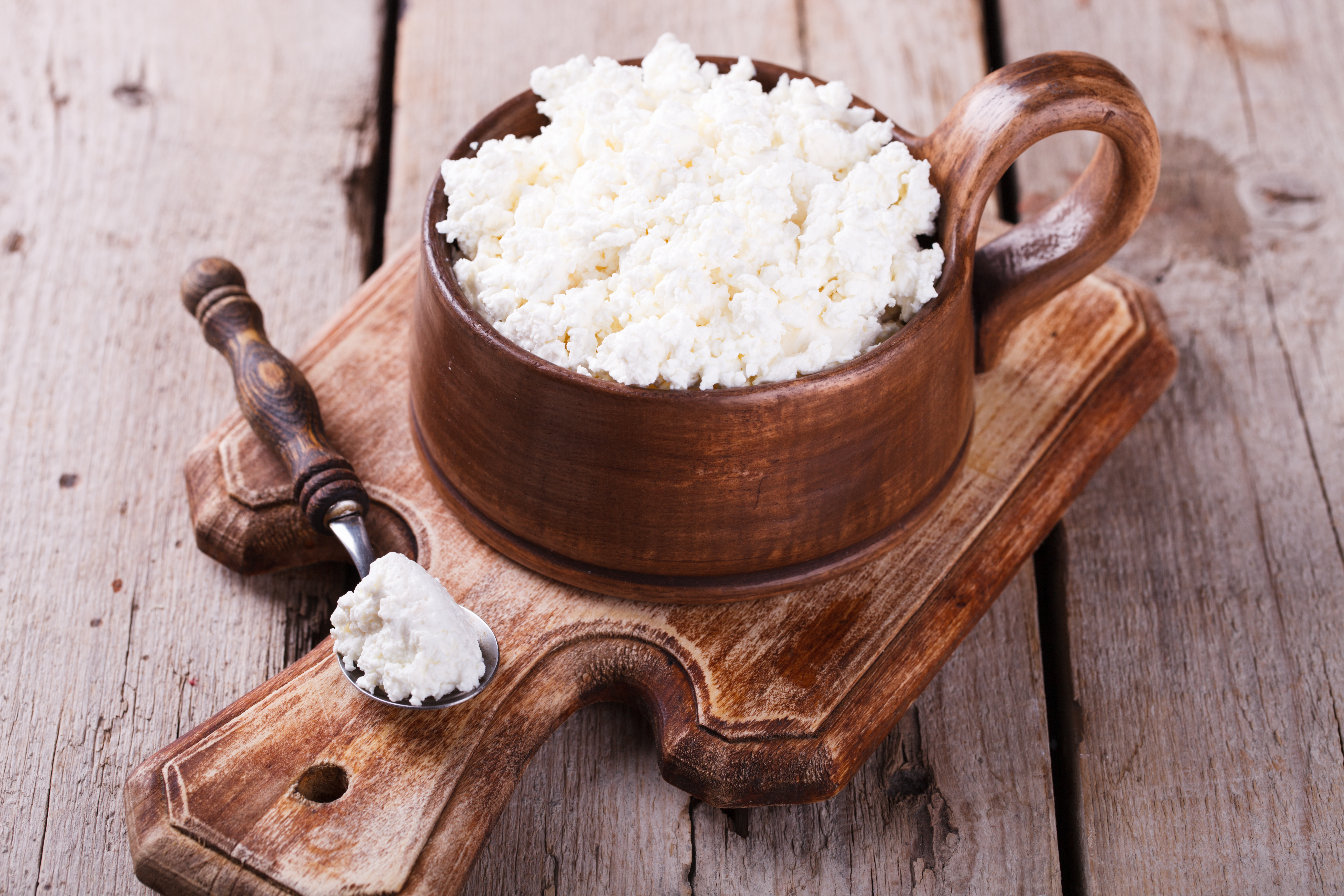
Cottage cheese is a dairy product that provides a high-quality protein source, rich in casein, a slow-digesting protein that supports muscle maintenance and repair. A cup of cottage cheese provides about 25 grams of protein, making it an excellent choice for those looking to increase their protein intake. It is also rich in calcium, phosphorus, and B vitamins, nutrients that support bone health and energy production. Its creamy texture and mild flavor make it a versatile ingredient in a variety of dishes, from salads and desserts to smoothies and dips. By incorporating cottage cheese into your diet, you can enjoy a protein-rich meal that supports overall health and well-being.
Crafting a Protein-Rich Lifestyle
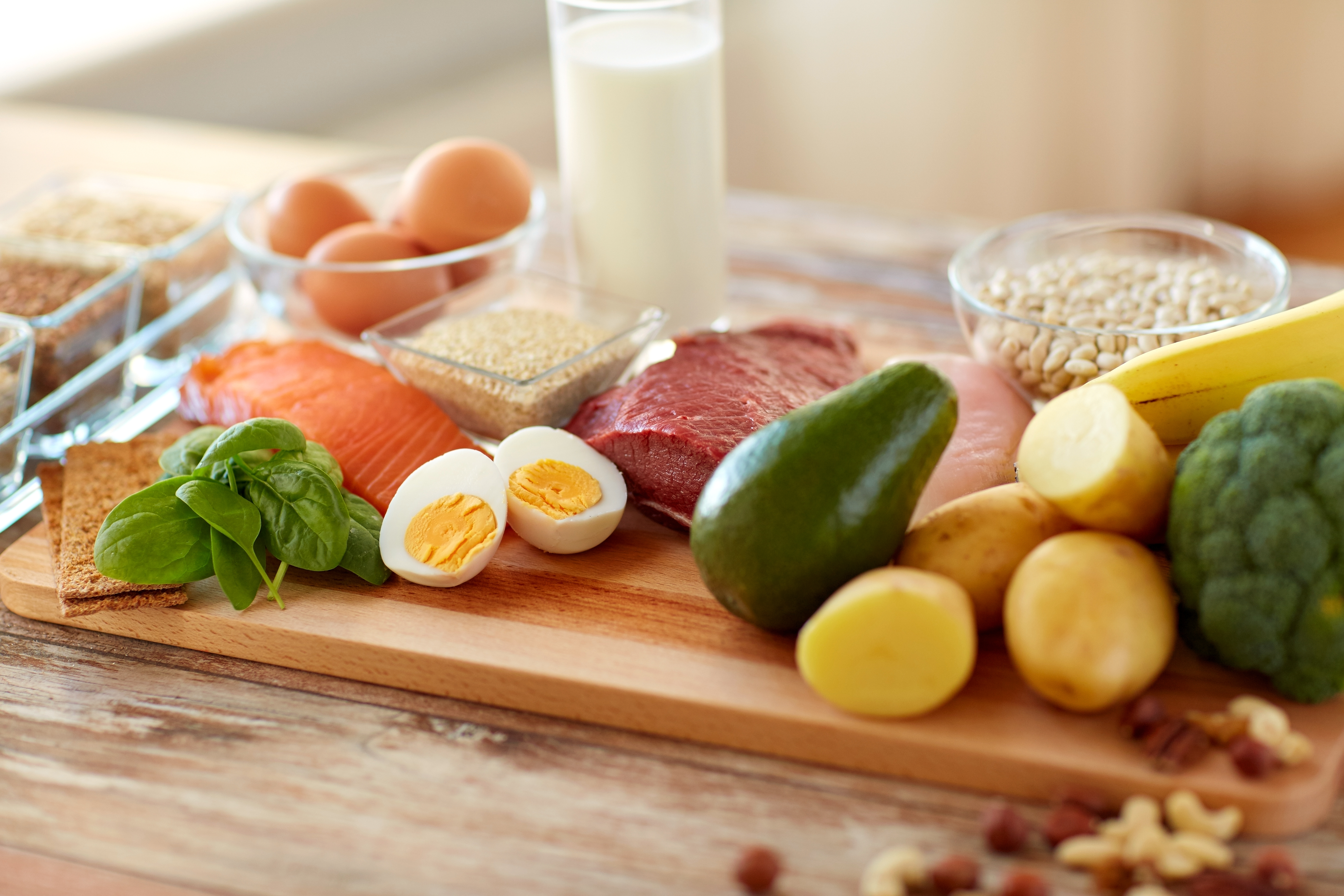
Incorporating these twelve power-packed proteins into your meals can transform your nutritional intake, supporting muscle maintenance, energy production, and overall health. Whether you choose to enjoy the versatility of eggs, the complete plant protein of quinoa, or the omega-3-rich benefits of salmon, each of these protein sources offers unique health benefits that can enhance your diet. By exploring different protein sources and experimenting with new recipes, you can create a balanced and satisfying meal plan that supports your health and wellness goals. Embrace the protein paradigm and enjoy the journey to a healthier, more vibrant lifestyle.